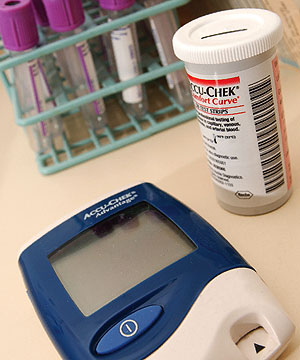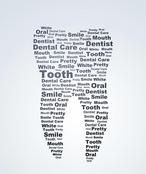ORAL HEALTH
Gum disease is the leading cause of tooth loss among adults. More importantly, the types of bacteria that cause infection in the mouth release toxins into the bloodstream leading to serious systemic health risks. Many studies show a link between gum disease and systemic health issues such as heart disease, stroke, diabetes and bacterial aspiration pneumonia.
One study indicates that the risk of heart disease is twice as high for individuals with severe gum disease. A study of over 800 stroke victims indicated that advanced gum disease can increase the risk of stroke by over 50% in some adults. Type II diabetics are 3 times more likely to develop gum disease and 20 times more likely if they smoke. Recent studies also confirm that gum disease disrupts gylcemic control. This means that for Type II diabetics, not only are they at risk for gum disease, gum disease also aggravates their diabetes. **
Additionally, poor oral hygiene has been shown to contribute to fatal bacterial aspiration pneumonia in hospital patients and nursing-home residents. In those settings, lack of proper oral hygiene can foster a build-up of bacteria capable of causing respiratory infections.
Periodontal disease and oral infections not only affect overall health but can also cause mouth pain and tooth loss which makes chewing more difficult. In short, the healthier your mouth is, the healthier you will be overall. Preventative dental hygiene therapy plays an active role in not only stabilizing but also maintaining good oral health.
Other factors affecting the oral health of elderly or those in long term care facilities include decreased manual dexterity, dry mouth from medications, decreased eye sight and mobility issues which leads to difficulty getting to a typical dental office setting.
**(Source: National Institute of Dental & Craniofacial Research and American Heart Association)
ORAL HEALTH --- INFORMATION & LINKS
Dry Mouth - Causes and Treatments
Oral Cancer




